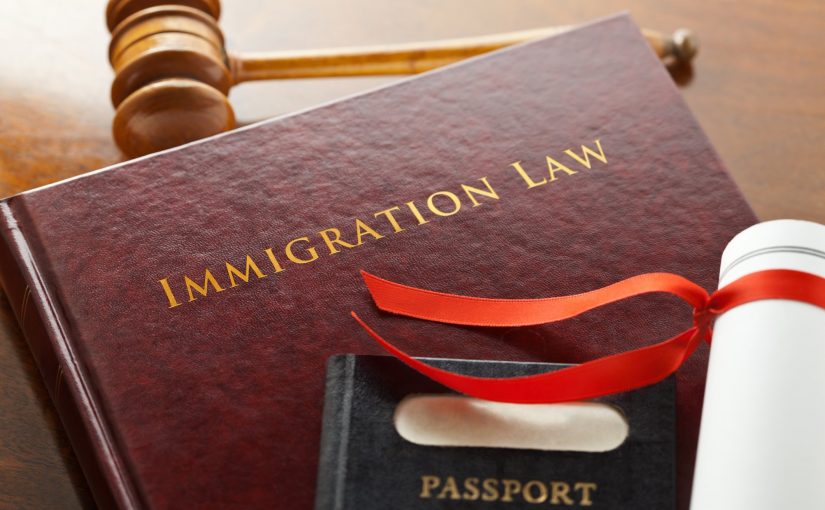The world of visas is confusing. Renewing or extending your visa isn’t as simple as checking a box or clicking a button. There are a lot of factors that can affect your visa renewal or extension. But to help you understand how the process works and what you need to do here’s some information on the process.
What type of visas are there?
There are many types of visas that the US can issue immigrants. Before you understand how the renewal process works, you should understand which type of visa you have. Each one has different rules regarding renewal and extension.
Visas are split into two main categories: nonimmigrant visas and immigrant visas. The US issues immigrant visas to people who want to live permanently in the US. This includes individuals who have spouses or family members who are US citizens. It also includes people with visas sponsored by an employer in the US.
The US issues nonimmigrant visas to individuals who come to the US for a temporary stay. Nonimmigrants include those who come to the country for medical care, exchange education, and athletic competitions. It also includes temporary workers and tourists. The subcategories of these nonimmigrant visas are split into categories. The term B Visa refers to all B1 and B2 visas. When the US issues someone a B visa, they fit into one of the following situations:
- Athlete competing for money
- Someone here for medical care
- Business visitor
- A nanny with a foreign employer
- A tourist
The Steps of Visa Renewal and Extension
If you came to the US on a B visa, there are plenty of reasons why you might want to stay long. And that’s possible with a visa renewal or extension. However, it’s not necessarily easy to do. Renewal requires reapplying for the B visa.
An extension is similar and involves a Form I-539 (which is also known as an Application to Extend/Change Nonimmigrant Status) with U.S. Citizenship and Immigration Services (USCIS). There’s no guarantee that the USCIS will approve your request, but there are a few things you can do to influence their decision.
1. File immediately
The sooner you file for your visa extension, the better. If you wait until after the visa expires, there are a few extra hoops to jump through. You have to show the USCIS that there were uncontrollable circumstances that prevent you from filing. An adequate excuse might include a medical emergency, the theft of your passport, or a failed attempt at filing (if you sent it in on time but forgot documents). And if you can’t show extraordinary circumstances, you will be denied. At this point, it’s wise to find an immigration lawyer who can advise you of your options.
The USCIS recommends filing a request as soon as you know that you will need an extension. At the very least, you should file 60 days before the expiration of your visa. Although you might not always have this advanced warning, you should do your best to submit the paperwork as soon as possible.
2. Give evidence supporting your request
There are two types of evidence that you should supply USCIS with. First, there’s proof that you can financially support yourself. Show them that you have enough money to stay in the country for the amount of time that you request. You can do this through bank statements or pay stubs.
Secondly, you should give evidence that supports the reason for your extension. If you can, provide proof of your plane ticket or travel back home. Show the USCIS any medical records or police reports that may be your reason for a visa extension, or show them a letter from a family member who needs you to stay in the US for a longer time. Other helpful documents include proof that you have property abroad or a letter from your foreign employer saying that you will return to work when you leave the US. The more evidence that you have, the better your chance is of extending your visa. An experienced lawyer can help you find evidence to support your cause.
3. Don’t enroll in classes or accept employment until USCIS approves your visa
If you are trying to change your visa status and plan to work or study in the US, it’s critical that you don’t make any definite plans until the USCIS approves you. If they find out that you have already done so, they will deny your request.
What happens if you stay after your visa expires?
If your visa expires, you may be in some trouble. When a noncitizen remains in the US for 180 days or more after their visa expires, the penalty is harsh. The USCIS may ban you from entering the country for years. It’s best to avoid the situation and to do everything by the book. An immigration lawyer can walk you through the visa renewal and extension process to ensure that you’ve done everything you can to stay in the country.

 Supporting the Fight
Supporting the Fight